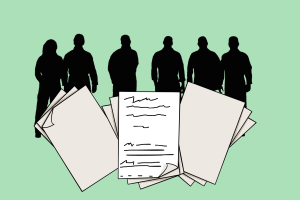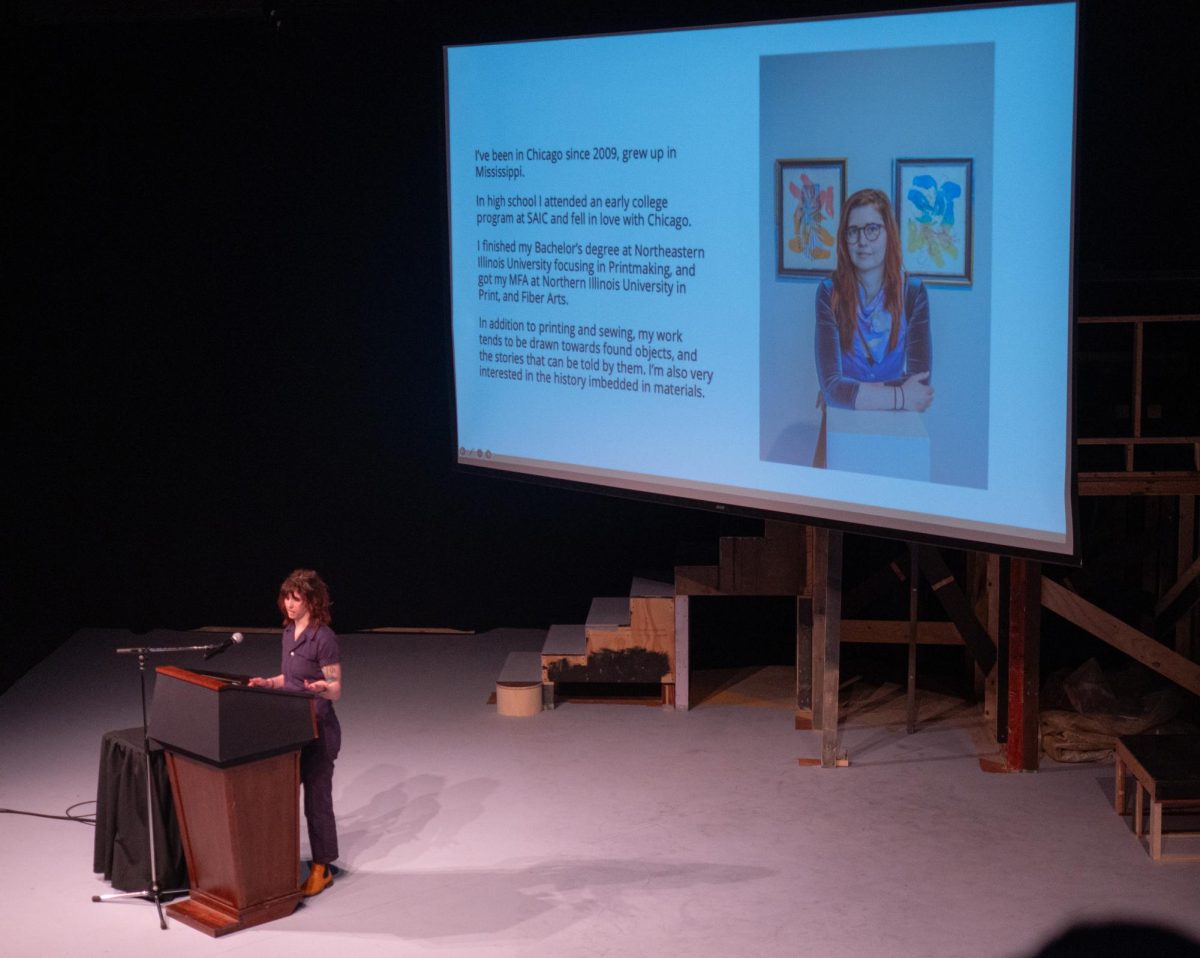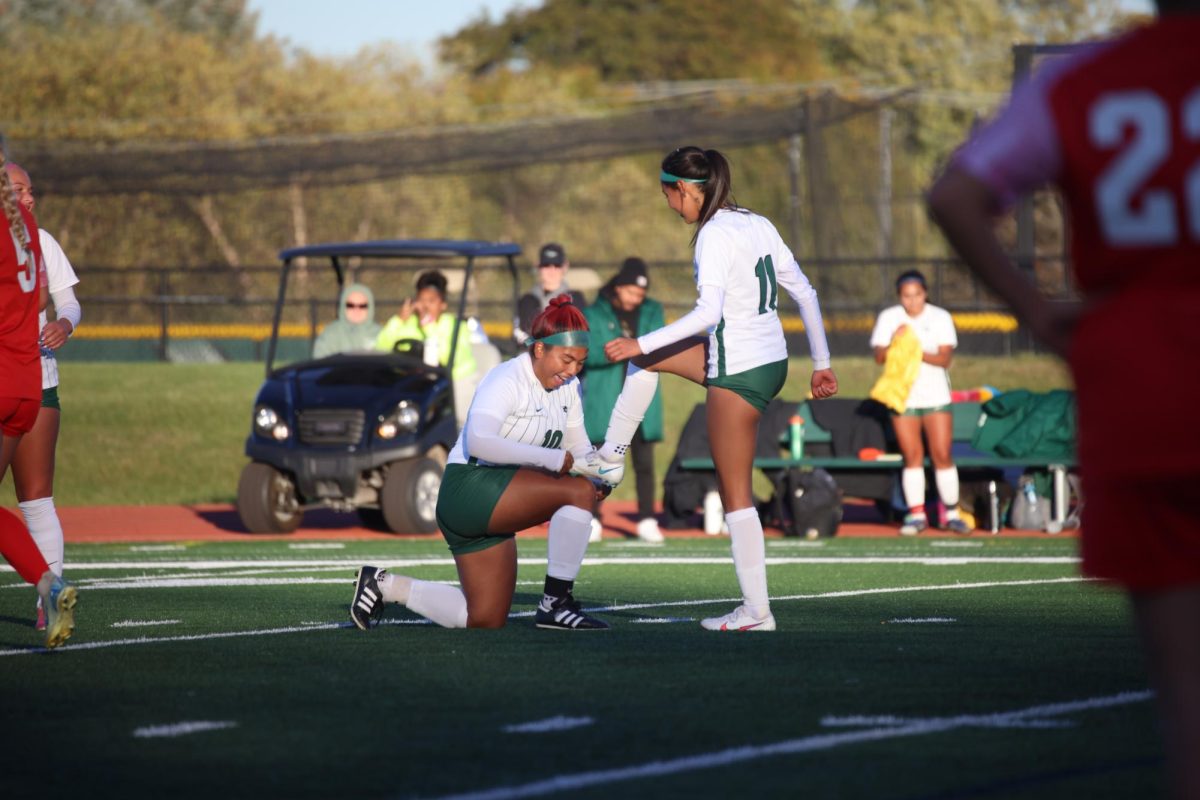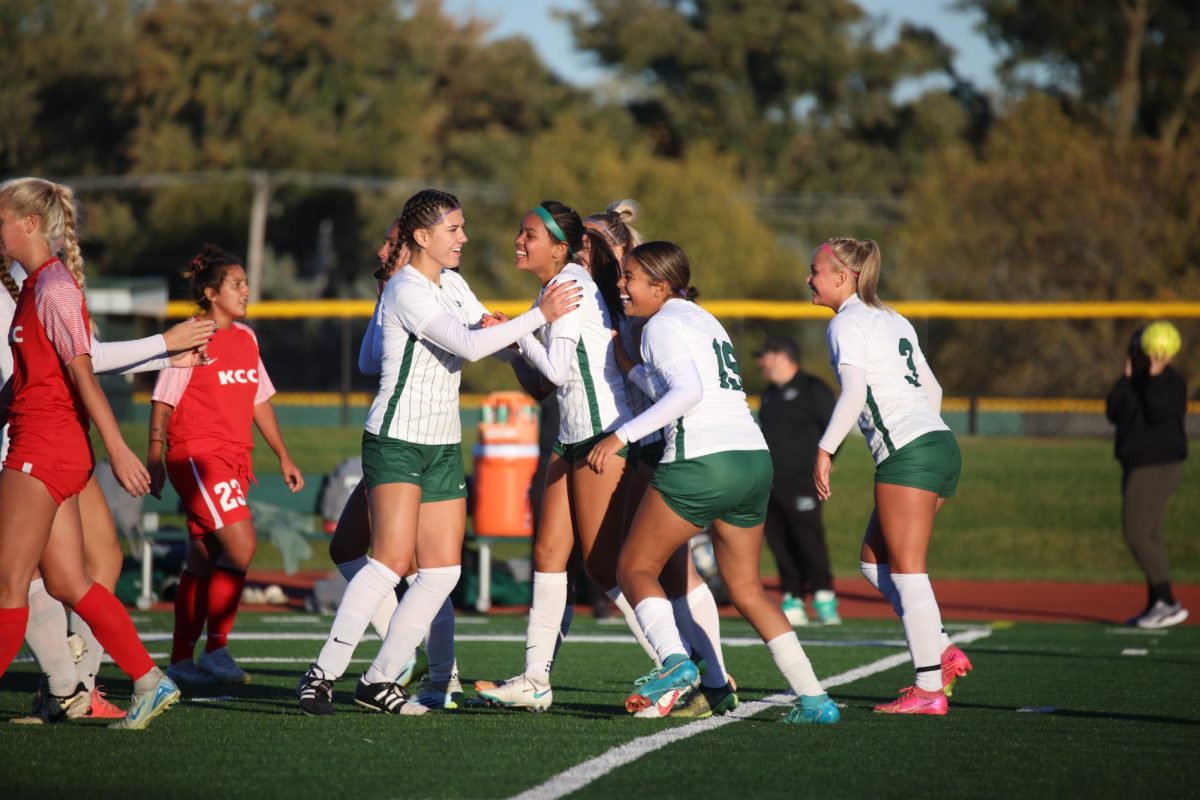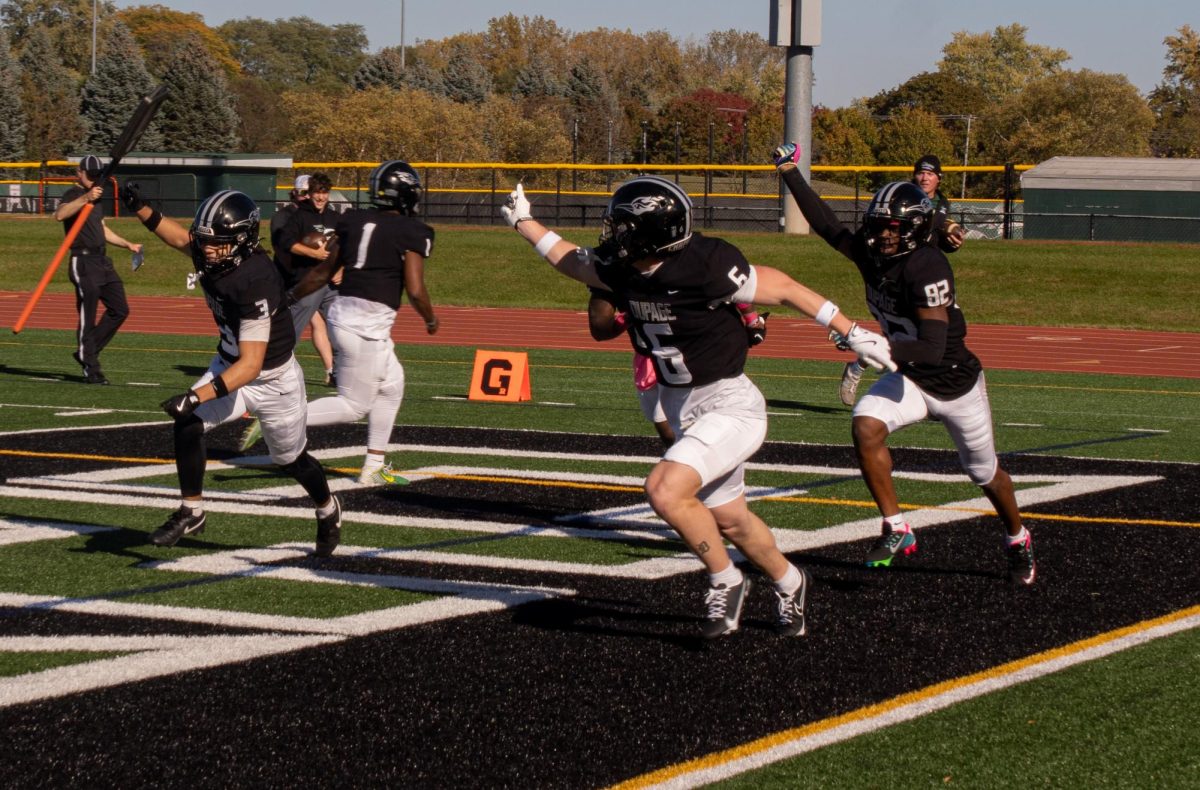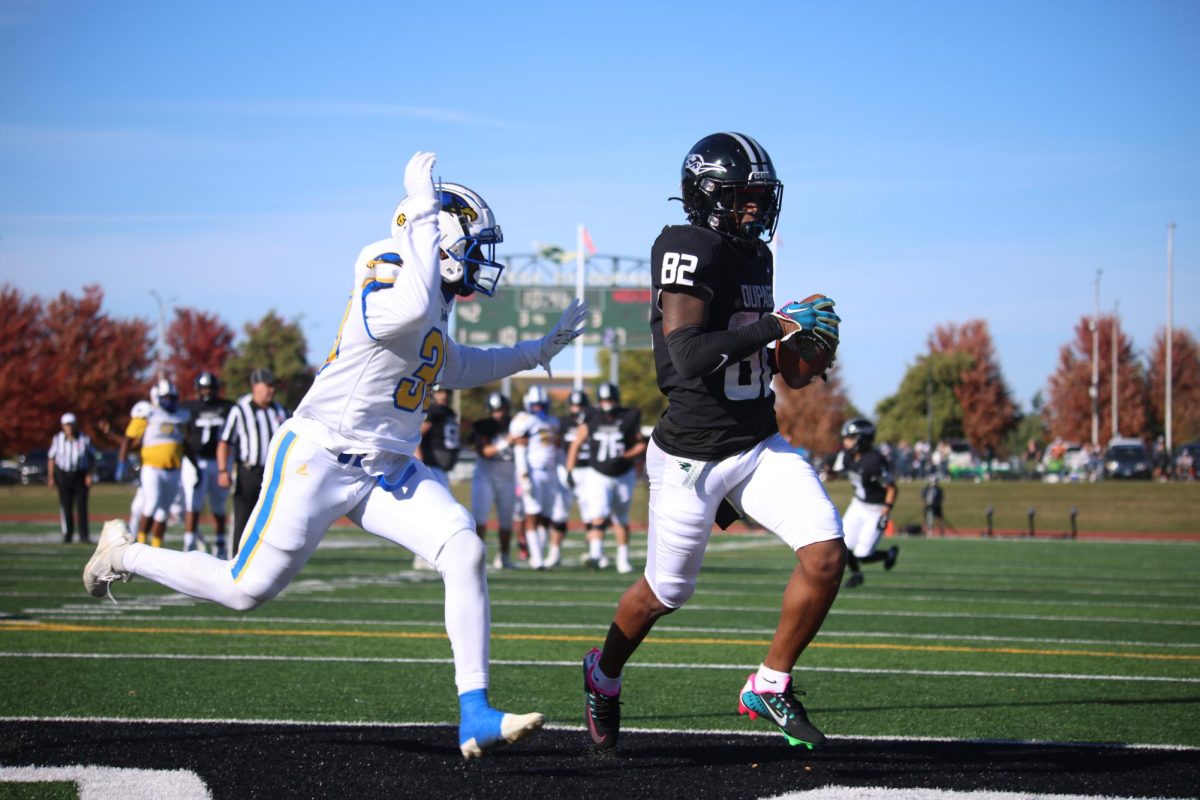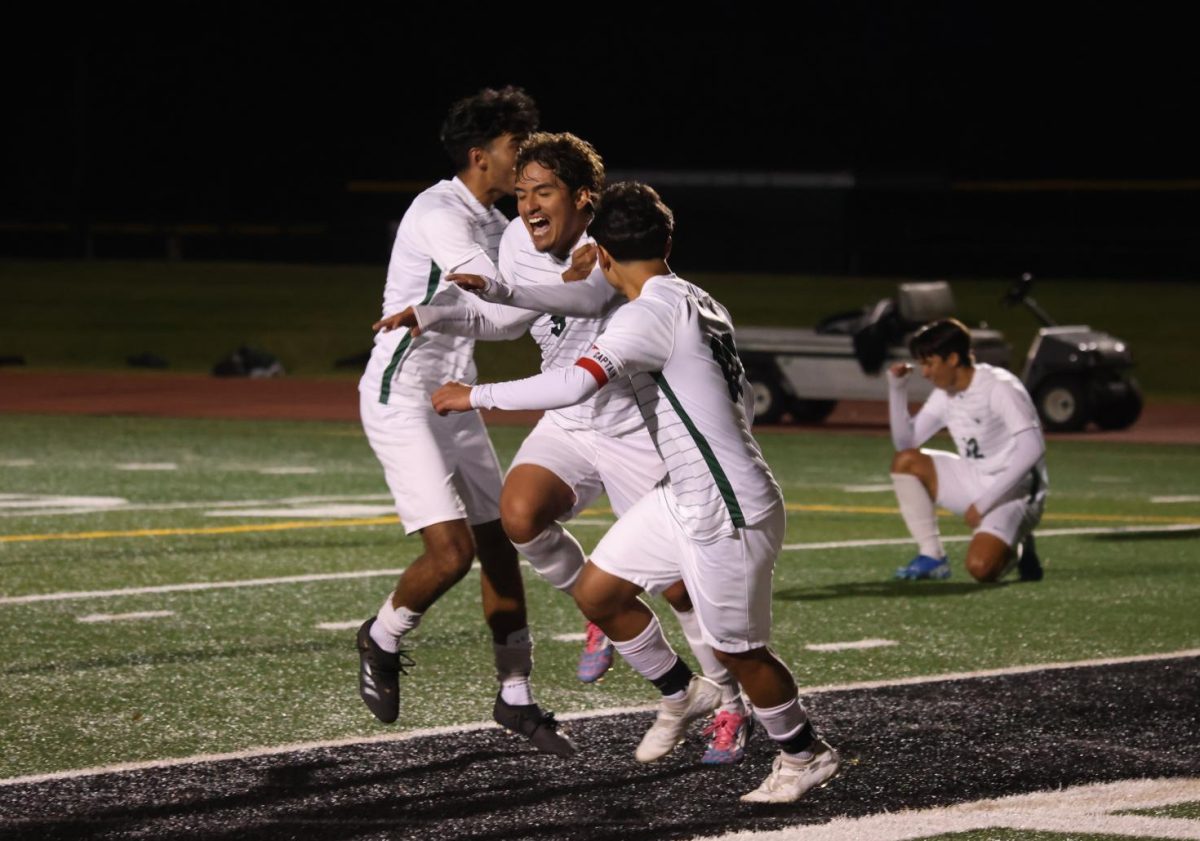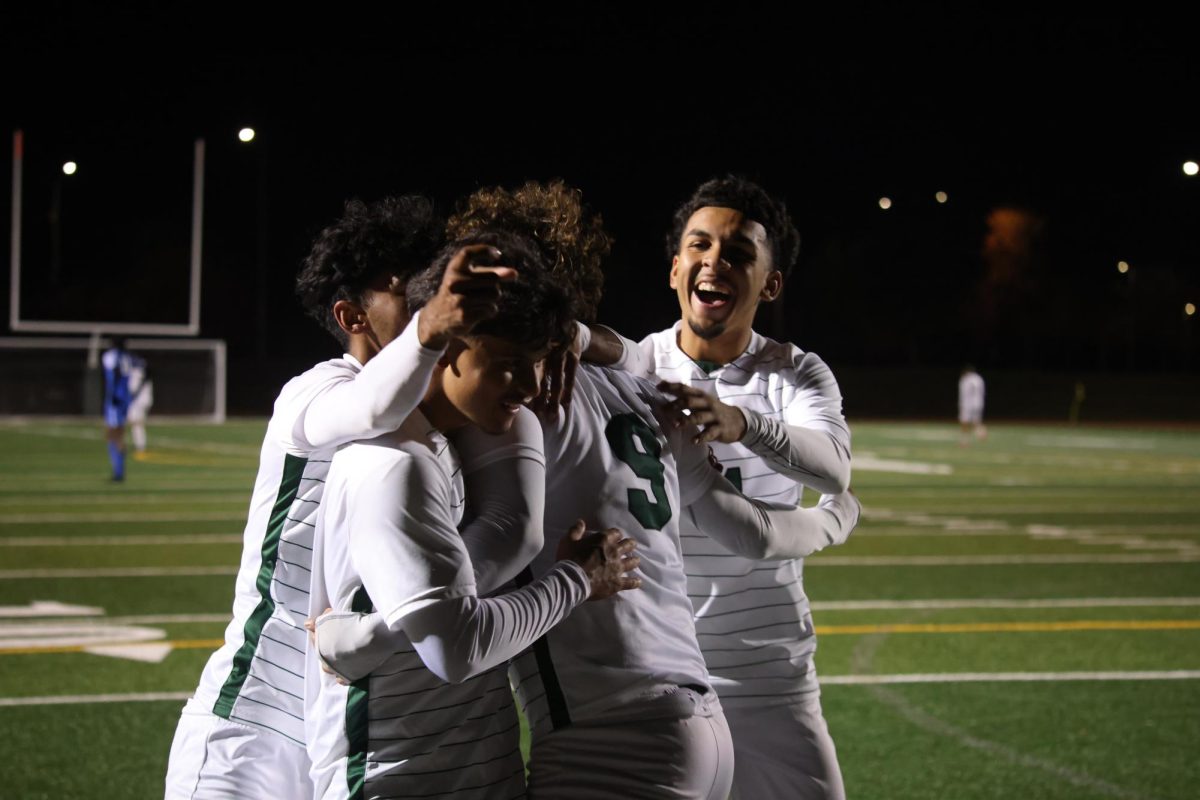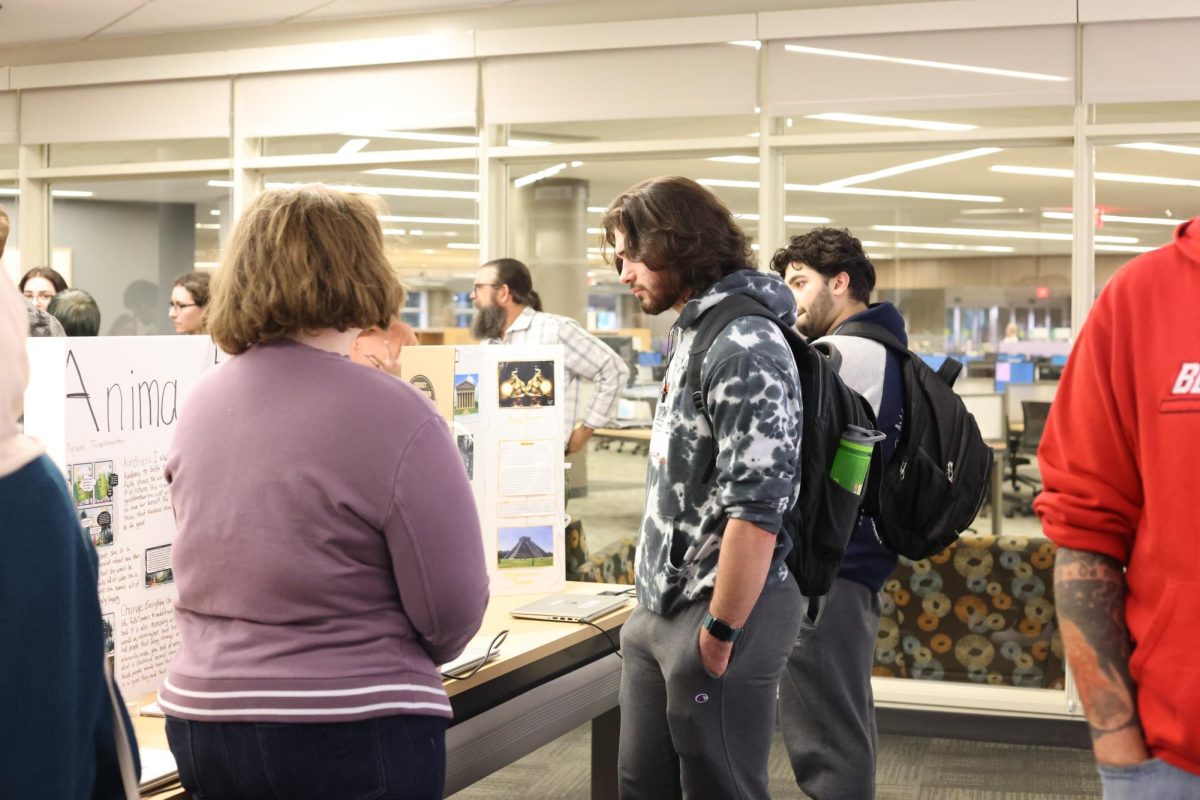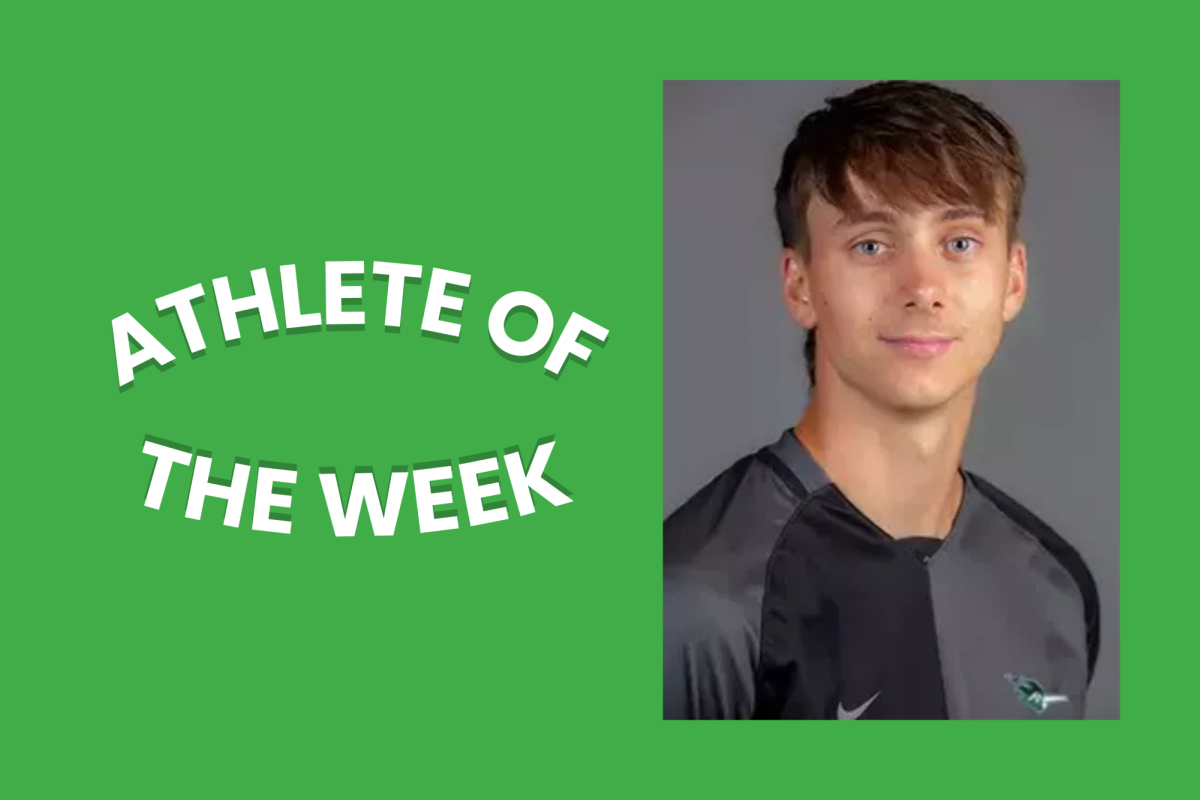Women’s Fears Matter
September 21, 2016
When I was 16 I purchased my first can of pepper spray. By this point in my life, I already owned a rape whistle and one of those cat ear punch knives, both of which permanently lived on my keychain. They came with me everywhere I went, and I never doubted for a second I needed them.
Growing up in an urban environment, I was taught from a young age that as a girl, I would be the target for many things. I was not allowed to walk around alone at night, and my parents always needed to know where I was, and if a responsible adult was going to be with me.
I thought all the adults in my life were totally ridiculous. Sure I lived in a city, but my friends and I were smart. We never went to the bad part of town, and we never stayed out past curfew (my town had a curfew if you were under 16).
When I went into high school my awareness rapidly started to change. During my freshman year, the gym teacher split up my class into boys and girls. The boys went on to complete a wrestling unit, while the girls took a city-mandated self-defense course. The instructor taught us how to break different parts of a body in order to get away from an attacker. He also taught us how to scream for help. I remember my friends and I thinking it was unnecessary and ridiculous and making jokes about it for weeks.
Then the security guards showed up. My school had stationed them around the perimeter of the campus. The administration prided themselves on the fact that there was no dress code, and some perverted men had caught wind that this was the case. They would park their car outside of the gates and pleasure themselves while we girls walked home after school.
My friends and I were the ones that discovered them.
The girls in my class were all freaked out over these events, and we had created a Facebook group to air our grievances and support each other. This group taught us two things: we were all dealing with similar issues, and our town was riddled with bad people.
Through many conversations I learned that we were all being catcalled by men well beyond our years. Many of us had been offered rides from strangers. A few had been followed and ended up calling the police. The world grew dark for us.
My story is not unlike others. As a society, we teach girls from a very young age that they need to learn to protect themselves. We tell them to purchase mace and teach them how to wrestle their way out of an attacker’s arms.
We don’t teach boys these techniques. We don’t teach them women live in this constant fear because it’s been placed in our minds since we were little girls. We don’t teach them that it’s not okay to catcall a girl or openly ogle at their bodies. We don’t teach them it’s OK for them to be fearful of those things as well.
My male friends were shocked when I expressed my fear of meeting them at a party in a bad part of town. They jeered and laughed because I wanted one of them to drive me and take me home. They didn’t understand why the walk back to my car alone would leave me feeling anxious for the rest of the night.
Women are taught men can’t help themselves, and we shouldn’t expect anything otherwise. Men are taught if they are a target, it’s emasculating, and they’re better off not telling anyone for fear of looking weak.
As a society, we need to take a good hard look at our flaws and realize we need to change. We should not just accept this awful truth as a fact of life. There are ways to prevent the anxiety women face on a day-to-day basis, and it starts with you.
If you are a man, be aware of how your presence is causing a reaction in other people. And don’t be afraid to admit how another person’s presence is causing a reaction in you. Communication is key.
If you are a woman, look out for your fellow girls. If you see someone uncomfortable because there is a skeevy man bothering her on the train, go sit next to her. Make conversation. Let her know she isn’t alone.
While these are small things, they are good. If we all pitch in and do our part, we will be a happier and healthier society. And who doesn’t want that?





